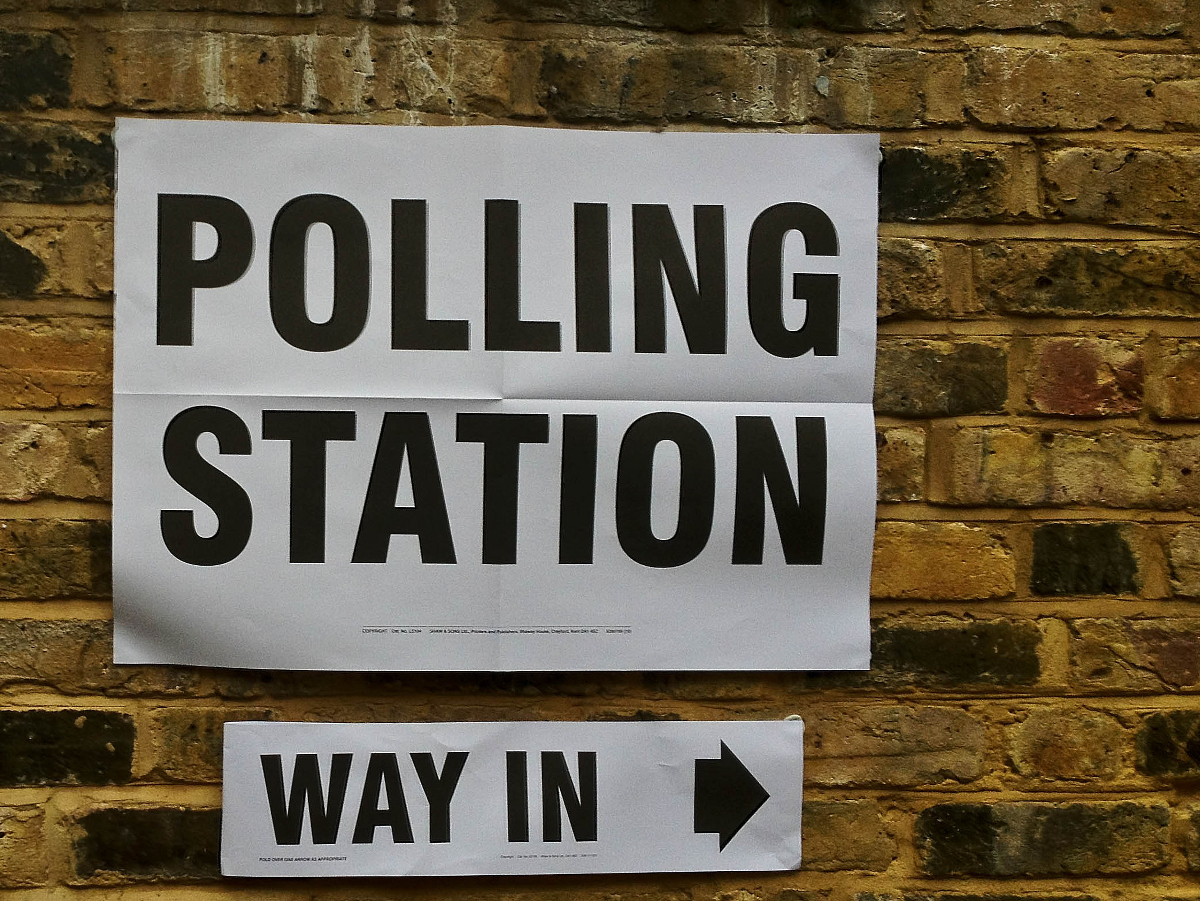Many of England, Wales and Scotland’s local council seats were up for the public vote yesterday, to fill town and city councils with councillors to represent constituents on local issues. Given that there will be a General Election, electing the Members of Parliament for the country in just a month’s time, the local elections could be seen as an indicator of the mood of the country.
Although not every seat’s count has yet been reported, there has been an overall national trend towards the Conservative Party winning in places it was not previously in charge. It has over 550 more councillors than it had this time yesterday, which is quite a decisive reflection of how members of the public are reacting to the political parties’ campaigning.
In charge of essential local services, elected councillors have responsibility for everything from social care to the state of the roads and public transport services. Not every seat was up for the vote, but the overall picture is one where Labour has been punished by voters. The party now has 385 fewer council positions compared to last year, and Jeremy Corbyn is being widely blamed for poor leadership and ‘unelectable’ policies.
However, Corbyn’s very loyal fan base would reject the idea that his approach is the wrong one; many say that he is taking Labour back to where it should be – a genuinely left-wing position rather than the centrist position the party has occupied since the Blair years – and that Corbyn’s popularity amongst his closest supporters (and his winning of the leadership election twice) show that he is in fact very electable.
Labour also held overall control of Cardiff, Swansea and Newport councils. This is positive for the party, but in the context of a loss of almost 400 seats in total, this is still a devastating day for the Labour Party activists. The loss of the city council of Glasgow –a Labour stronghold since 1980 – will be felt particularly strongly; 300 of the lost Labour council seats were in Wales and Scotland.
The Liberal Democrat Party, attempting to regain its reputation as the anti-Brexit party, has not seen positive results, suggesting that other members of the electorate have as long a memory as I do. The party lost 36 council seats yesterday, while Plaid Cymru, the Welsh nationalist party, gained 33 and the Scottish National Party lost seven. The Green Party, another anti-Brexit proponent, gained six seats.
Reassuringly, far-right party Ukip lost every seat it was defending, losing 141 councillor positions and gaining a single, lonely one. Their leader, Paul Nuttall, has been widely mocked for apparently telling lies during his campaign to become a Member of Parliament next month, and the economic difficulties that have arisen as a result of the Brexit vote are hitting many people hard. Will this be the time they realise that isolating Britain from our neighbours and resisting basics like equal rights and anti-racism views are not a good idea?
But the local elections are different, aren’t they?
It is true to say that a lot of people vote differently in the local elections when compared to a General Election. Because local elections are concerned with local issues, we are more likely to have come face to face with our local councillor and had them help us with a small issue in our home town or city. For this reason, members of the public frequently vote for somebody who they feel an affinity to, regardless of the party they are representing.
If somebody helped them with their bin collection or helped them to save a local bus service, they will be seen as a good guy and may well gain a person’s vote come the following May, regardless of the wider issues a party does or does not support.
The local elections are also often a time when voters display their displeasure with the ruling party and kick them aside in support of the opposition. It’s a small rebellion that has not been seen this year. In fact, the opposite proved to be true. Of the 4,851 seats up for grabs yesterday, the Conservatives have taken 1,690 in total, and Labour a mere 884. The utter collapse of Ukip’s local council infrastructure is absolutely reassuring, but it is a small victory in the sea of blue, blue, blue seats across the country.
However, the vast shifts in party numbers that we have seen overnight suggest a trend that goes deep. It seems that the Conservatives’ simple campaign message – one of Strong and Stable Leadership – is getting through at a time when the opposition’s leadership strength and stability are being severely questioned. Theresa May, despite having supported the ‘Remain’ campaign prior to Brexit, has convinced everybody that she is the best person to lead us through the process of leaving the EU, while Corbyn is struggling to reach his party faithful, never mind the constituents who are less politically engaged.
Not everybody was eligible to vote yesterday, because only certain local seats were being voted upon. In my city, traditionally fairly left-wing, most of the seats were not up for grabs so there is no way of knowing whether Labour would have done better across the country if all seats – including those in all of the inner cities – had been open. But that cannot be much of an assurance to the weak, and very possibly dying, opposition that has done a poor job of opposing the people in charge; essentially, their core role.
Photo: secretlondon123/Creative Commons

